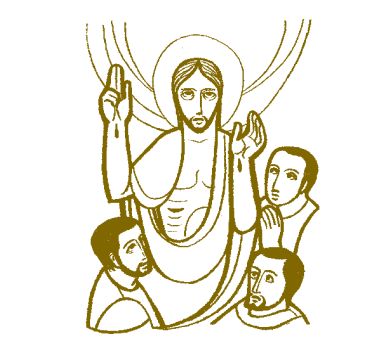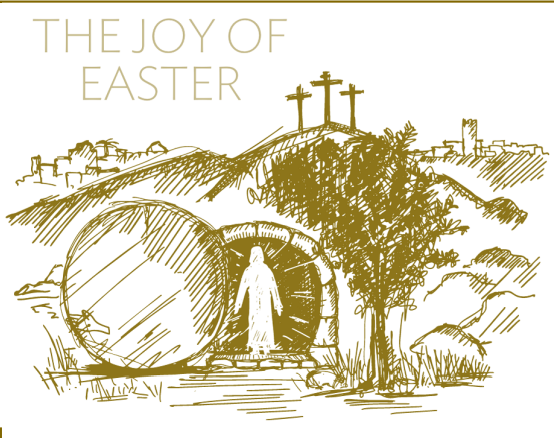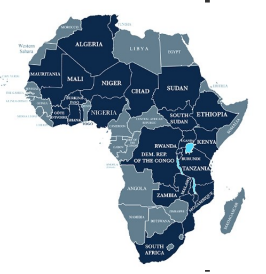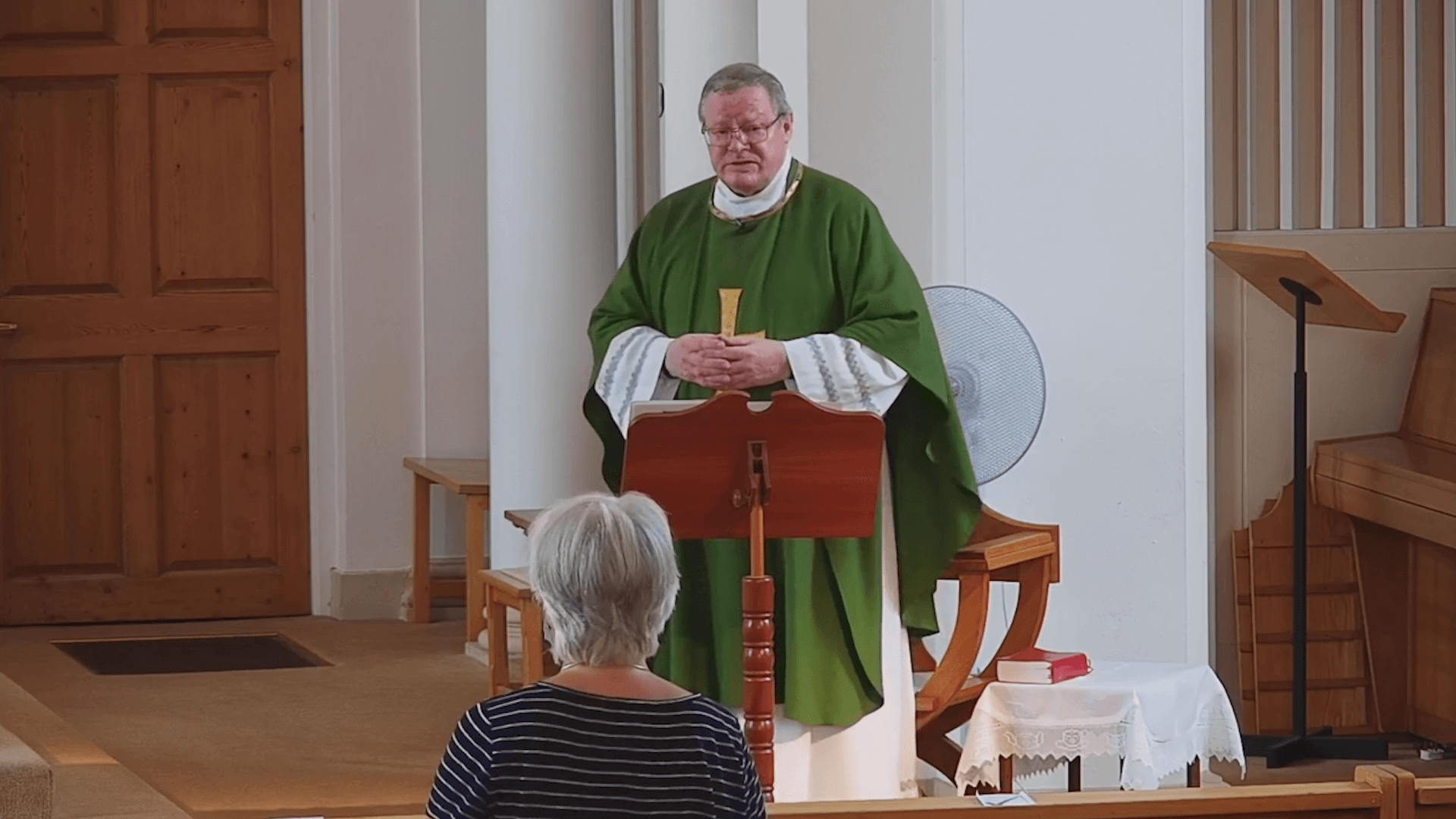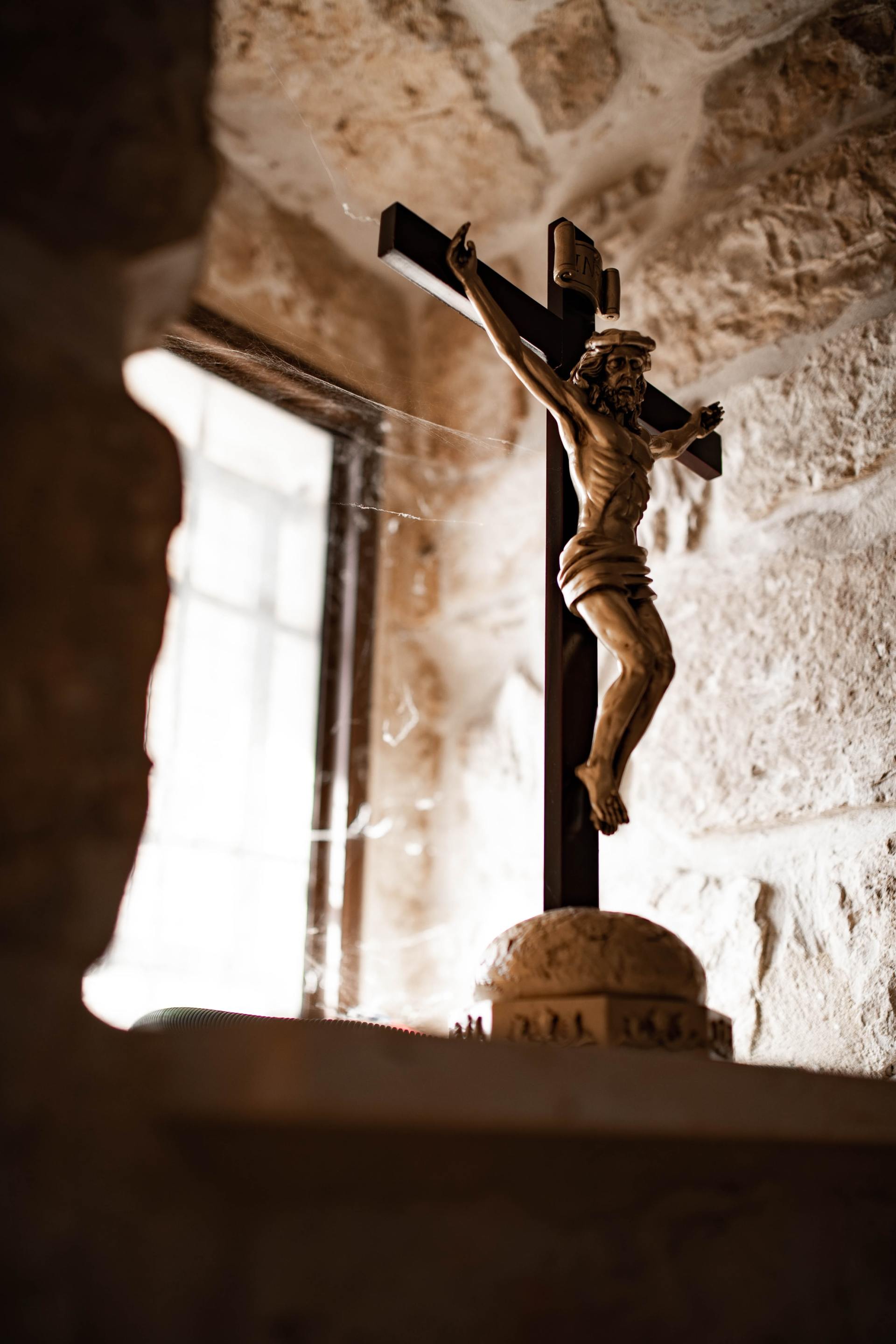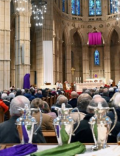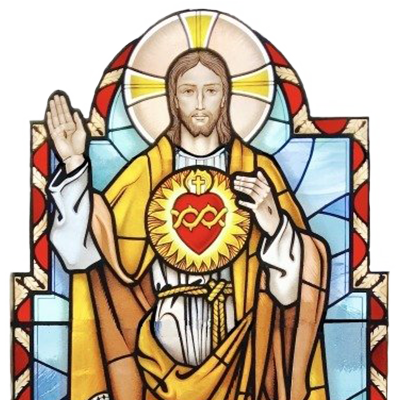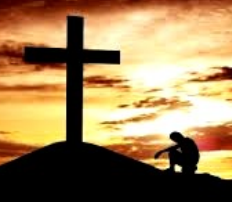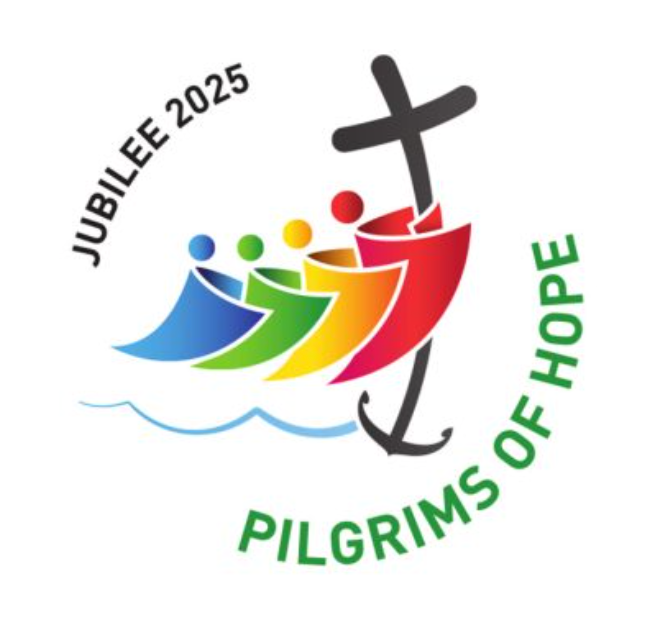Sunday 4th December 2021

Against a backdrop of geography, politics, and history Luke ushers the adult John the Baptist onto the Jordan stage. Last Sunday’s gospel announced the advent or ‘arrival’ of Jesus at the end of human history; today, as watchman and awakener, John announces the advent of salvation and consolation to the people and proclaims that their hope for the dawn of messianic time is near. In searching for ways to communicate John’s significance, Luke and the other gospel writers found it most appropriate to use the words of Second Isaiah with which that prophet begins his ‘Book of the Consolation of Israel. John’s is the voice that, after four centuries of prophetic silence, heralds the coming of God’s salvation not only to Israel, but to all humankind. In an insignificant and troublesome pocket of the Roman Empire, John starts to shout his message throughout the district around the Jordan River.
Son of the priest Zechariah though he may be, John dissociates himself from Jerusalem and the temple and choose the place where Israel crossed over from its wilderness wandering into the Promised Land. John will call the people to make another crossing: from the exile of their sins. He proclaims a baptism of repentance, a conversion of heart (metanoia) that looks to future commitment and not merely to regret the past.
We are used to heavy earth-moving equipment and technology that builds roads to speed traveller on their way - cutting our sharp bends, smoothing treacherous bumps, straightening dangerous curves to give us a clearer and safer view of what is ahead or oncoming. Advent is the season of Christian ‘road work,’ with John Baptist as our overseer. With John’s voice, the Church asks us both personally and communally to level and straighten out whatever is an obstacle or danger on our journey to God. What are the ‘potholes’ in our discipleship, those sins of omission? From what do we need to be converted if we are to make the way smoother for others who find it difficult to travel to God because of our intolerant or erratic behaviour? Do we indulge in outbursts of destructive ‘road rage’ towards our brothers and sisters as we all try to follow the way of the gospel? Have we a kingdom vision that can enable us to see around the twists and turns of personal tragedy or ecclesial failure and to recognise there an advent of Christ - his presence with us in the suffering, dying, and rising from these painful realities?
From the desert of his prison, St Paul writes in the second reading to the Church at Philippi using words that the liturgy now addresses to us. It is a hopeful letter, full of Paul’s confidence in the fidelity of this Church to continue in the way of the gospel so that Jesus Christ may bring his work in them to completion by the time he comes again. Out of his tender compassion, Paul prays a threefold prayer: that the Philippians may continue to grow in mutual love; that its members may be discerning of the demands of their Christian life; and that they may be vigilant for Christ’s second coming, “filled with the fruit of righteousness that comes through Jesus Christ for the glory and praise of God.” First love, then understanding, then ethics - these are Paul’s priorities, for where would the last be without the other two?
